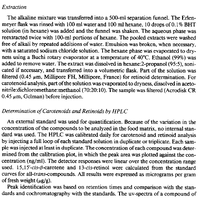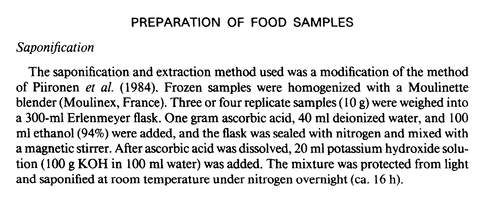So someone who was speaking with Meri before she was about to post this video, Meri sent them this:
"The other discovery is VA has a first pass metabolism. It gets absorbed from GIT to lymph to blood then goes to cells before going to the liver. This is how the body wants to get VA, but first pass can get broken for various reasons. If its broken we go to second pass - this is the liver releasing retinol in RBP4 - RBP4 is associated with insulin resistance, high NO, inflammation etc. If the retinol cant be made to RA there is no off switch and we get high retinol and RBP as the liver keeps churning it out. This is what causes the issues with 'detox'. Its not detox its the body desperately trying to supply the cells with RA."
"this is why people get high retinol with low VA. Because if you dont eat VA you definitely dont get first pass"
This doesn't make much sense to me. According to the mainstream view that sees retinol as essential, the liver stores retinol precisely to liberate it in times of need. So if she thinks retinol is needed, it does not make sense that liberating it from storage is problematic.
She's completely lost in theories and concepts that don't apply to anything.
This is probably the paper that she read about the lymph metabolism etc: https://www.ncbi.nlm.nih.gov/pmc/articles/PMC3042718/
If the body "wants" the vA via lymphatic uptake, then why does the liver clear 60-80% of the circulating retinol and puts it out of circulation into storage. The only way to get toxic vA out of storage is via reducing dietary intake.
Does the body also "want" all the other fat-soluble toxins that get taken up by the lymphatic system? Probably not. Does the body "want" to die when the retinol intake is increased too much and it does not decrease the intestinal uptake? Probably not.
High RBP4 is associated with problems because it indicates a high retinol storage and spilling over of the liver into the rest of the body.
Retinol is not a vitamin. The liver has sufficient retinol stored even on a diet that has virtually no vitamin A. If you don't go to great lengths to avoid literally any trace of retinol, you will always have enough in your liver (>20mcg/g), per the mainstream standards. Retinol is a mostly toxic signalling substance that does things we don't understand yet because no one has ever looked into it from that perspective.
Last edited:



